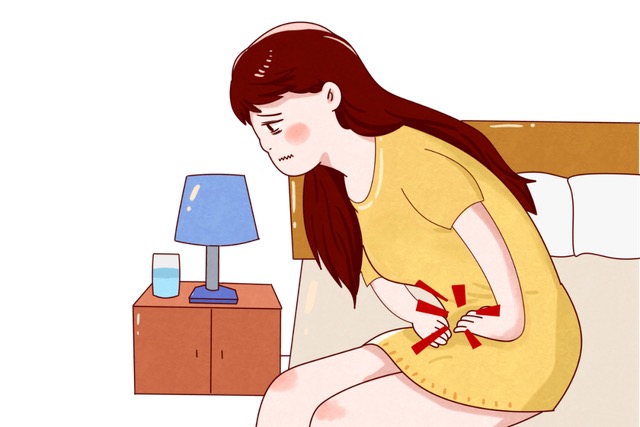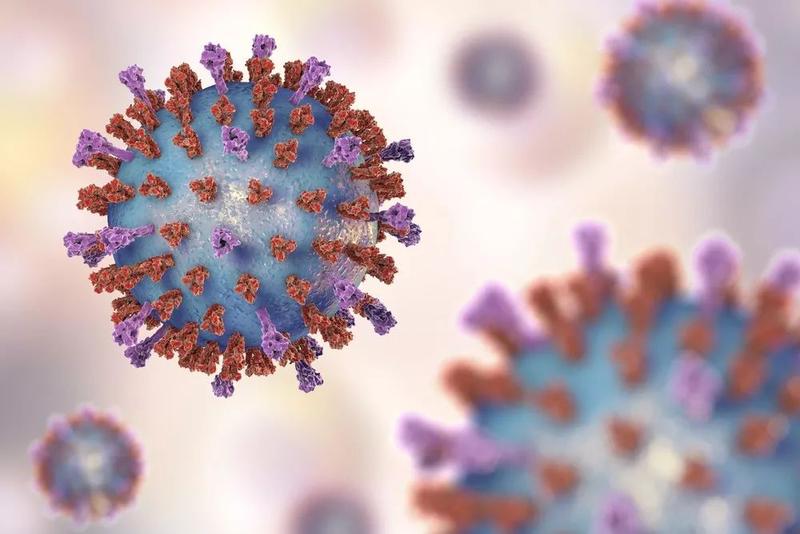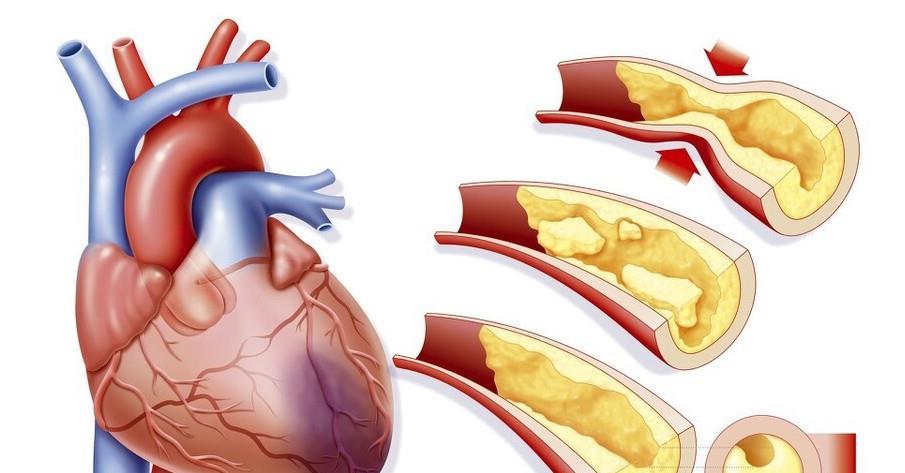Playing mobile phones at night may make you more and more fat
Are you after school or after work, the favourite thing to do before going to bed is to play with mobile phones, and even many people will play with mobile phones late at night, but do you know, that the blue light at night, is likely to quietly "light up" your risk of obesity. Many people know that playing on mobile phones in a dark environment will hurt research, and if you tell, the harm can be more than just eyes, you will not be surprised. Researchers in Russia have found that staring at your mobile phone screen, laptop or TV at night can do more than simply harm your eyes. The blue light emitted by these devices is like the "invisible little fat hand" in the middle of the night, quietly increasing your risk of obesity.

Imagine you're lying in bed at night, and the blue light from your mobile phone screen looks like a mischievous gremlin, constantly tempting you to, "Watch another episode, watch another episode!" This gremlin doesn't just keep you up late, it quietly interferes with your melatonin production. Melatonin, like the body's "alarm clock", helps regulate our daily activity cycle. But blue light this little troublemaker, like the alarm clock in the disruptive elements, so that the "small alarm clock" is out of rhythm, resulting in metabolic disorders, and ultimately may let your weight quietly rise. Therefore, it is best to stay away from these blue lights at night, so that your "small alarm clock" works properly, to maintain a healthy weight!
Too much blue light not only messes up your sleep, it also teases your metabolism. Blue light is a little pest that doesn't just make you toss and turn at night, it's also a naughty child that constantly provokes your metabolism! For those who have a little bit of a melatonin receptor gene in their body, blue light is an irresistible temptation. Metabolism is like a big family in the body, everyone has a role to play in maintaining the balance of the body. But the blue light this "uninvited guest" came, like an unwelcome guest, constantly interfering with the normal operation of this big family.

As a result, the body's various indicators are like a pot of porridge being stirred up, the body mass index rises, the day and night body temperature dynamics become less regular, and the average daily body temperature level is like a roller coaster ride with highs and lows.
The "late-night conspiracy" between blue light and weight. Guess what is happening in your body between 21:30 and 01:00 at night? That's right, melatonin, the little guy, is at its busiest! But you know what? But did you know that even a little bit of blue light can be behind your weight gain? This interesting study was conducted during the warm spring months, but the scientists weren't satisfied. They plan to continue exploring this mysterious connection during other seasons, such as the cold winter months. Especially in winter in the Arctic, where it's dark almost all day, this environment will allow scientists to discover more interesting secrets. So, if you don't want your weight to have a "late-night conspiracy" with blue light, it's best to stay away from screens during the time when melatonin is most active and let your body rest!
It seems that our bodies are full of wonderful love-hate relationships! With Melatonin and blue light this pair of happy enemies, in the late night time, staged a silent battle. We, as bystanders in this battle, should make good use of the time to "watch the battle", so as not to let themselves become innocent "victims". Scientists in this competition, like a smart detective, constantly collecting evidence, trying to uncover the truth. The Arctic Winter is undoubtedly the most fascinating chapter in this detective story. Let's wait and see what amazing secrets the scientists will eventually reveal!

Until then, for the sake of our health and beauty, it's best to stay away from blue light at night and let melatonin work its magic freely! That way, we can have a comfortable night's sleep and maintain an attractive figure at the same time, won't we get two birds with one stone?
(Writer:Juliy)





